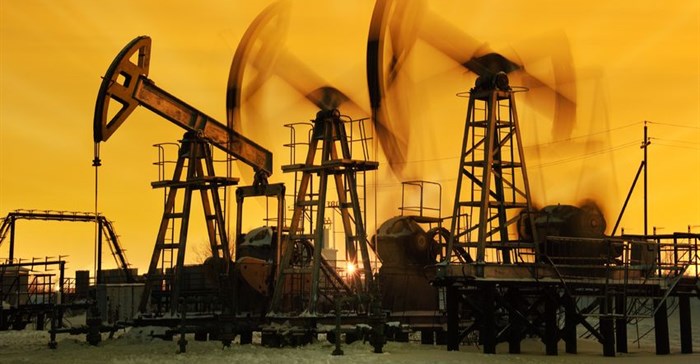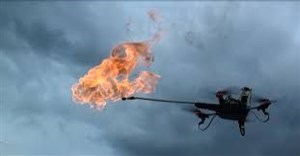Low oil price a wake-up call to African countries

PwC's 'Africa oil & gas review, 2015' analyses what has happened in the last 12 months in the oil and gas industry within the major and emerging African markets.
Countries such as Kenya, South Africa and Tanzania have been taking a serious look at legislation currently in place with a view to making it more investor-friendly.
"While response to such a drastic decline is necessary, we have seen the most successful organisations are taking time to re-set, re-strategise and plan for the upturn in prices, which will inevitably come. Africa should be no exception as many of the frontier exploration plays lie on the continent," adds Bredenhann.
Main challenges
The main challenges identified by organisations in the oil and gas industry have remained largely unchanged with the top three issues of uncertain regulatory framework, corruption and poor physical infrastructure also identified as the biggest challenges in 2014.
Uncertain regulatory frameworks remain a concern across the industry, with more than 80% of Tanzanian respondents regarding regulatory uncertainty as the top challenge facing the business. Other countries where respondents cited concern about regulatory uncertainty include Nigeria, Kenya and Angola.
Organisations identified the price of oil and natural gas as the most significant factor that would affect their companies' businesses over the next three years. "This is not surprising given the current uncertainty around the market," says Brendenhann. "Fortunately, industry players are looking beyond current prices when planning for the longer term." The results of the report show that 90% of respondents expect the oil price to increase gradually over the next three years.
After a rush of bidding rounds in 2014, 2015 and 2016 appear to be comparatively quiet with only a handful of bidding rounds expected. This is partly due to the flurry of bidding rounds in the previous couple of years and a consolidation of these agreements together with the lower oil price and lower interest to invest.
Oil and gas regulations
While it seems that the temporary meltdown is receding, African governments have shifted into gear to promulgate and ratify oil and gas regulations that are intended to encourage the monetisation of assets, while doing away with policy uncertainties.
41% of E&P companies said that they would be investing in the development of drilling or exploration programmes, which is significantly lower than in 2014 when 70% reported this as a key strategic focus.
Over 98% of organisations indicated that they have an anti-fraud and anti-corruption programme in place. Of these, more than 60% believe that the programme is very effective at preventing and/or detecting fraud. Only 8% of respondents indicated that they did not have a compliance programme.
Over 43% of respondents indicated that fraud and corruption would have a severe effect on their businesses. Government officials continue to be implicated in a number of fraudulent activities across the continent. Recent research conducted by PwC shows that bribery and procurement fraud remain some of the top types of economic crimes in the broader energy, mining and utilities sectors.
Overlapping mandates
South Africa's uncertain regulatory framework for the oil and gas industry is mainly due to unclear and overlapping mandates between the government and state-owned companies. Furthermore, the enforcement of the Minerals and Petroleum Resources Development Act has raised a number of compliance challenges in the industry, primarily resulting from new requirements directly introduced by the Act.
Organisations expect the Brent crude price spread to shift up over the three-year period, although, if it remains within a $30 band, it will be reasonably consistent. A high 93% of respondents expect a price range of $50-$80 in 2015; 90% of the respondents expect a price range of $60-$90 in 2016; and 87% of the respondents expect a price range of $60-$90 in 2017.











